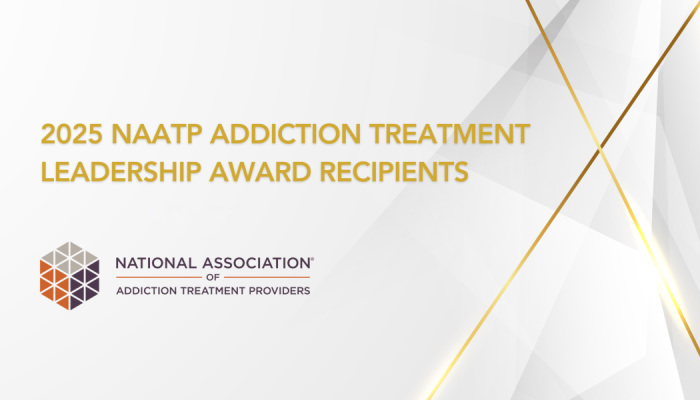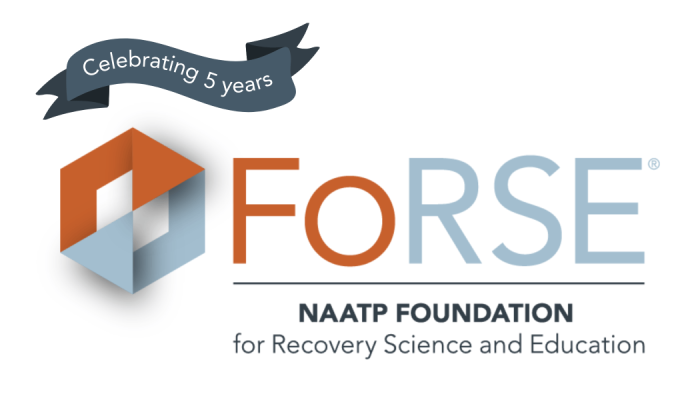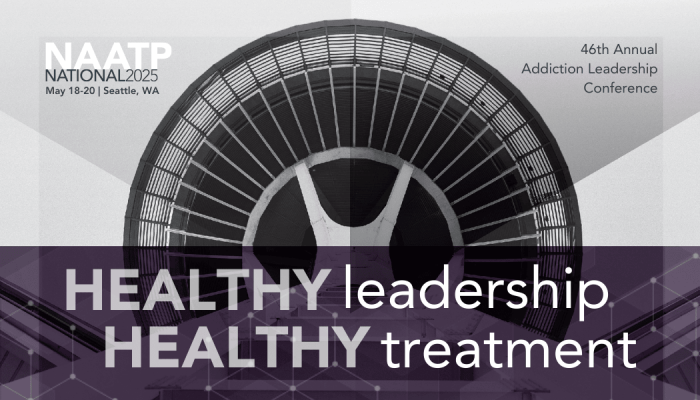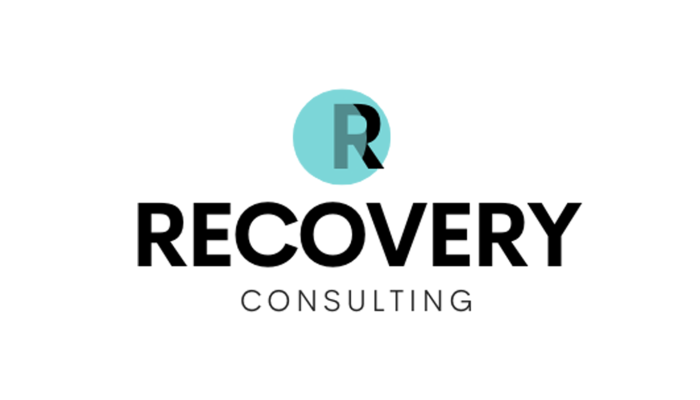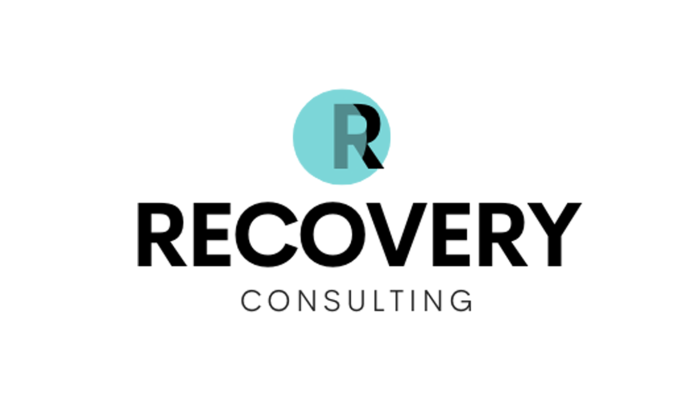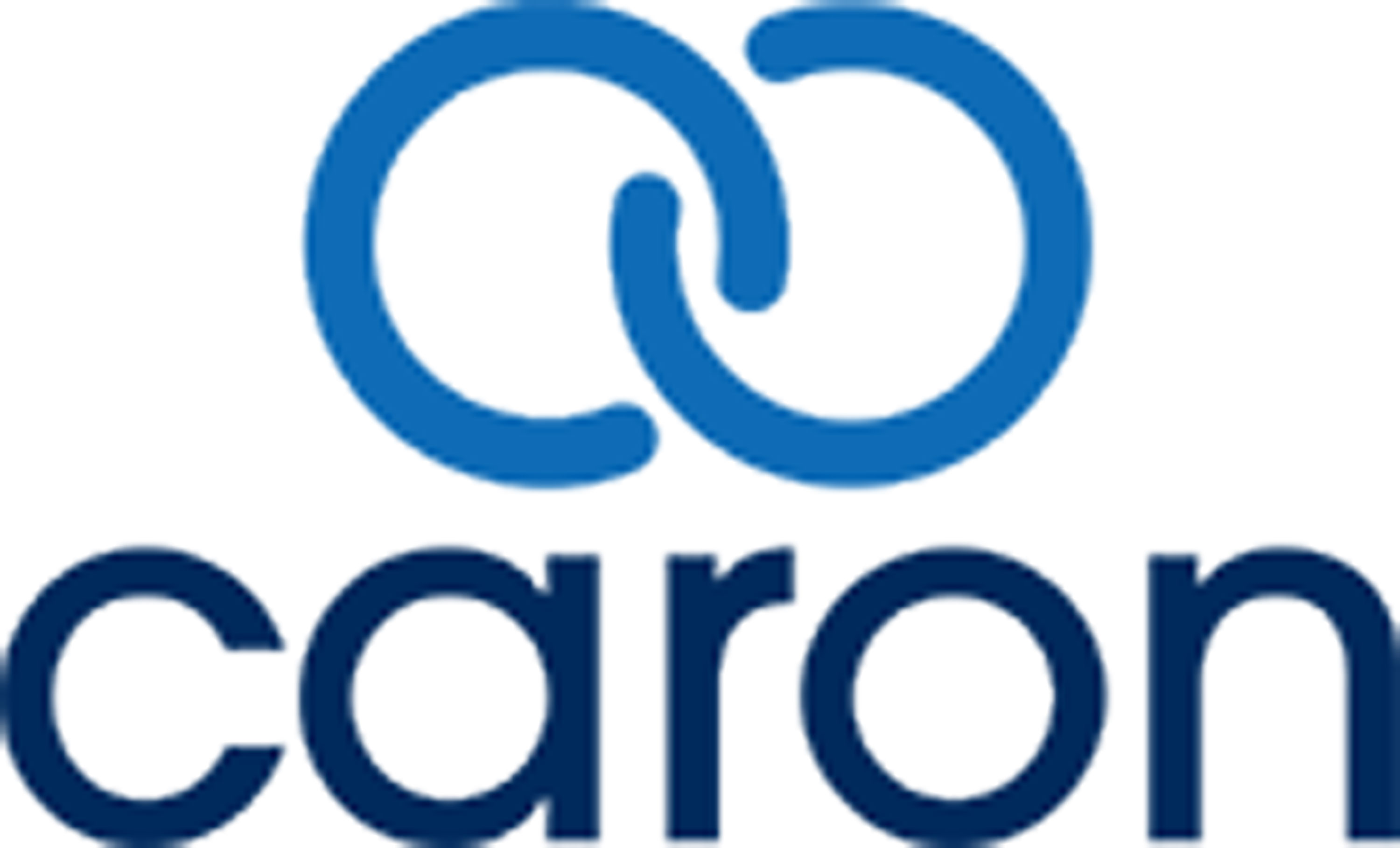Dec 21, 2022
Congress is poised to pass what’s called an omnibus budget bill for 2023. It contains funding for all federal agencies. The bill can also include policy directives for federal agencies and legislative directives. This year’s effort is over 4000 pages and contains many NAATP priorities.
Several important directives regarding enforcement of the Mental Health Parity and Addiction Equity Act (Parity) were included. One was the elimination of the opt-out from Parity requirements by non-federal governmental health plans. Money for Parity enforcement was also included for individual states. Often state level leaders have said they don’t have funds to enforce this law. That will no longer be the case.
Medical telehealth provisions that were created during the covid pandemic were extended through 2023. Those also cover substance use disorder treatment.
The Medication Access and Training Expansion Act (MATE Act) was included in the enormous legislation. This bill requires healthcare providers, as a condition of receiving or renewing a registration to prescribe potentially addictive drugs, to complete a one-time training on managing patients with substance use disorders.
In addition, the Department of Health and Human Services must award grants to health professional associations and education programs for integrating substance use disorder training into relevant curricula. NAATP has long advocated for additional educational requirements for healthcare professionals regarding identifying SUD symptoms and treatment.
The MAT Act was also incorporated into the bill. It removes the requirement that a healthcare practitioner apply for a separate waiver through the Drug Enforcement Administration (DEA) to dispense certain narcotic drugs (buprenorphine) for maintenance or substance use disorder treatment.
Funding for the Health Resources and Services Administration (HRSA) was increased for the substance use disorder treatment and recovery loan repayment program. This is important as the field struggles to address workforce development issues.
While full coverage of SUD residential treatment was not included, new language does require that Medicare part B cover mental health and SUD treatment when prescribed by physicians if those services are provided by the same hospital.
Language in the bill also directs the Department of Health and Human Services to develop a safe harbor under the anti-kickback law, for contingency management incentives used during SUD treatment.
Substantial increases in funding for SAMHSA and ONDCP are included in the legislation. NAATP works closely with both federal agencies and supports this additional funding.
These huge budgetary bills are the product of long and intense negotiations. No one gets everything they want. This year the SUD field achieved a great deal, and perhaps more progress was made than in decades. NAATP appreciates the dedication of the members of Congress and their Staff who worked so hard to include these priority items.




